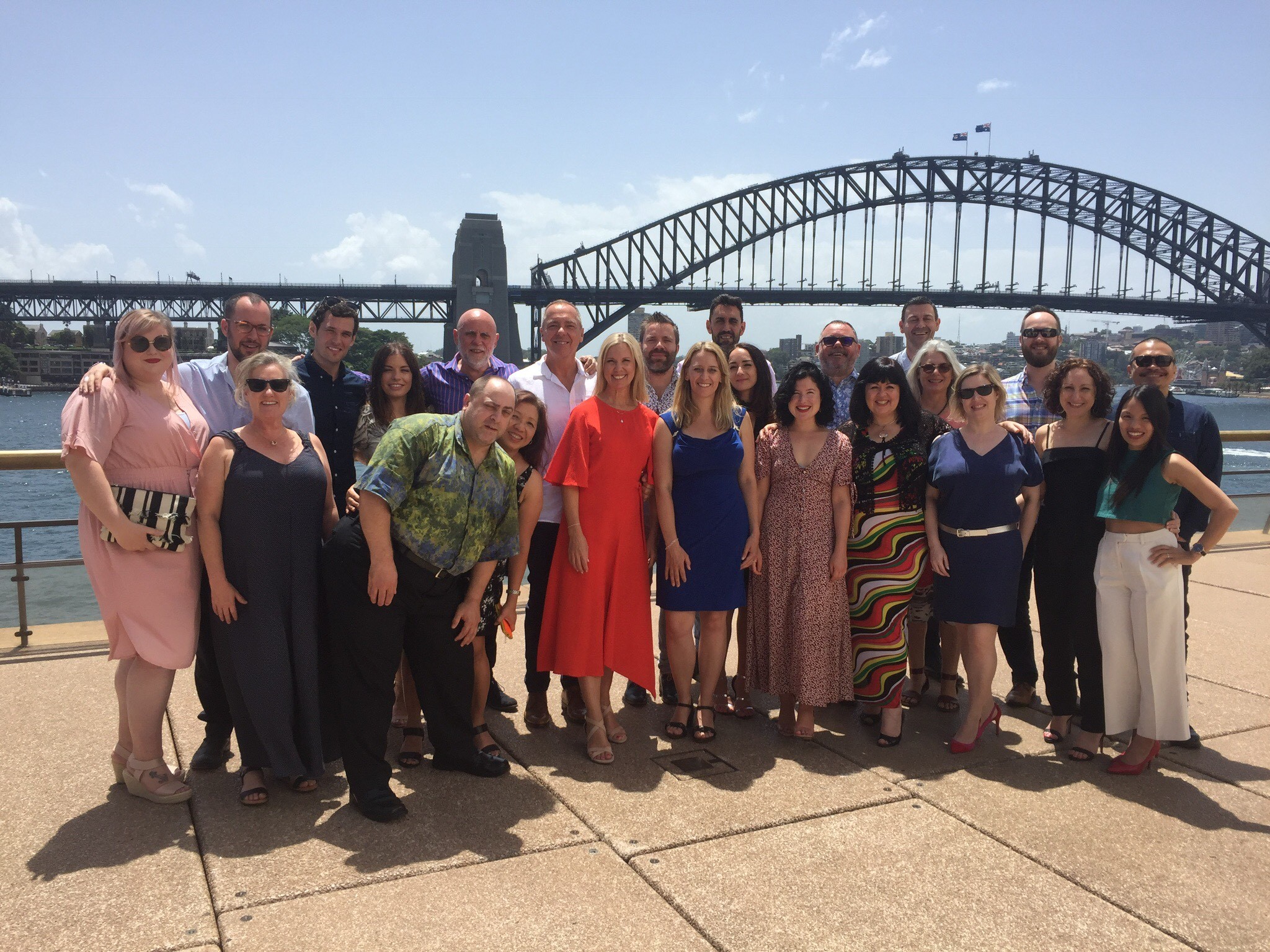We’re Building Something New
Our website is currently under redevelopment as we create a refreshed online experience for our clients and candidates.
In the meantime:
View our current vacancies on our LinkedIn page
Contact Us: +61 2 8243 0570 or info@ngorecruitment.com
We apologise for any inconvenience and appreciate your patience while we complete this work.
We look forward to welcoming you back to our new website very soon.
